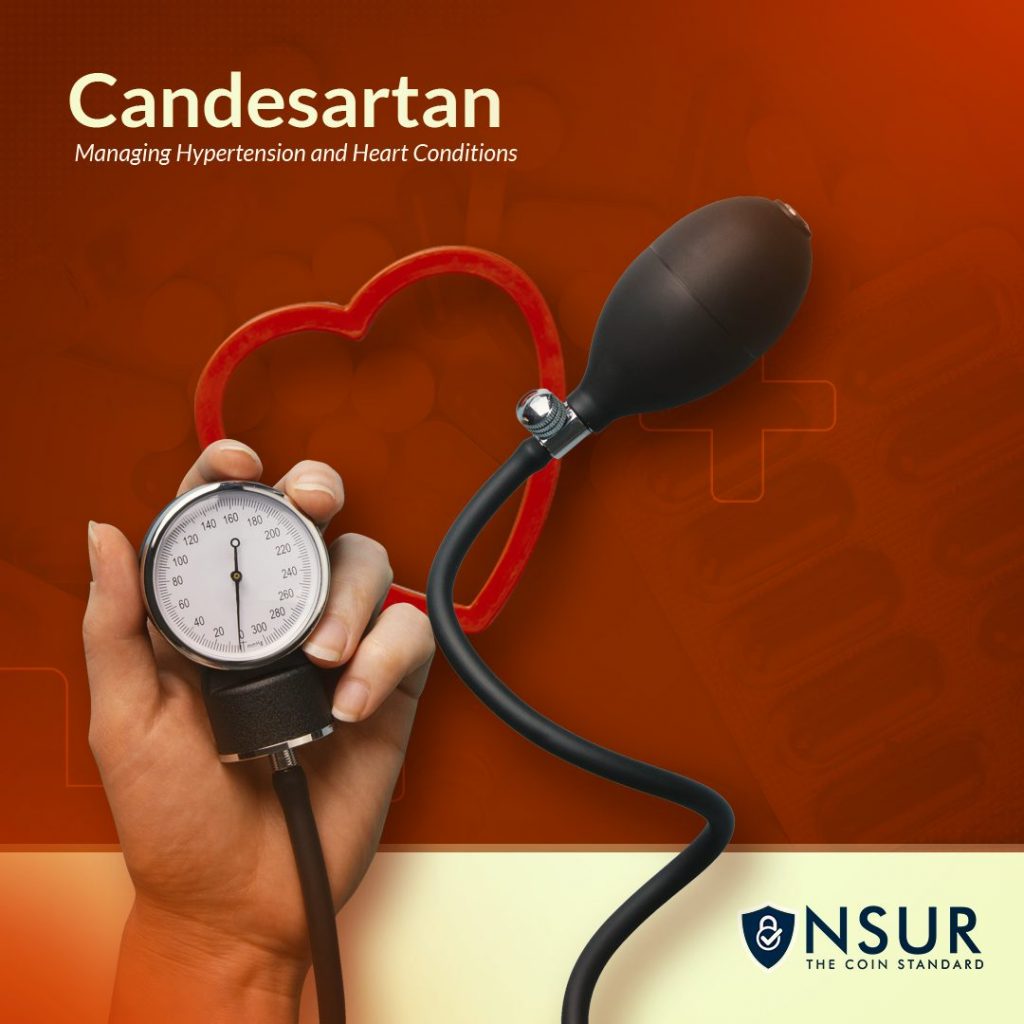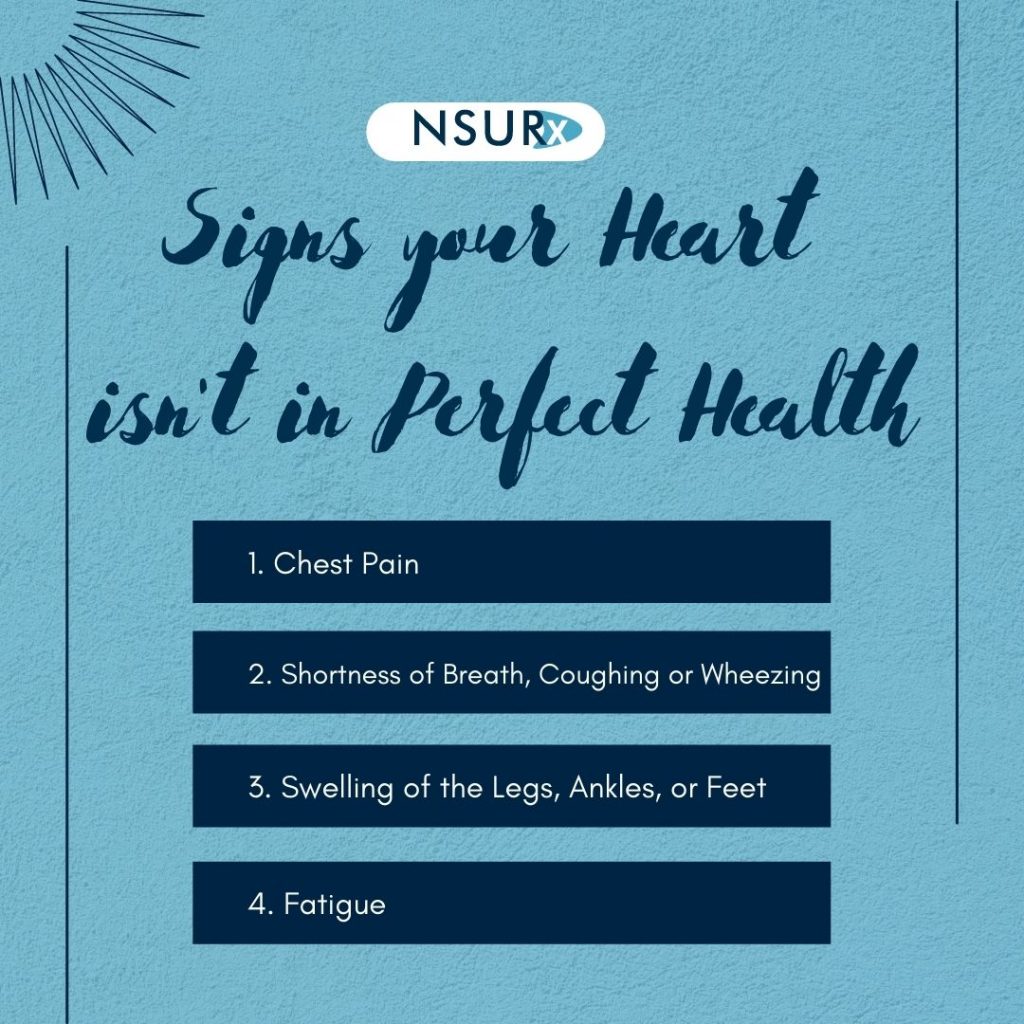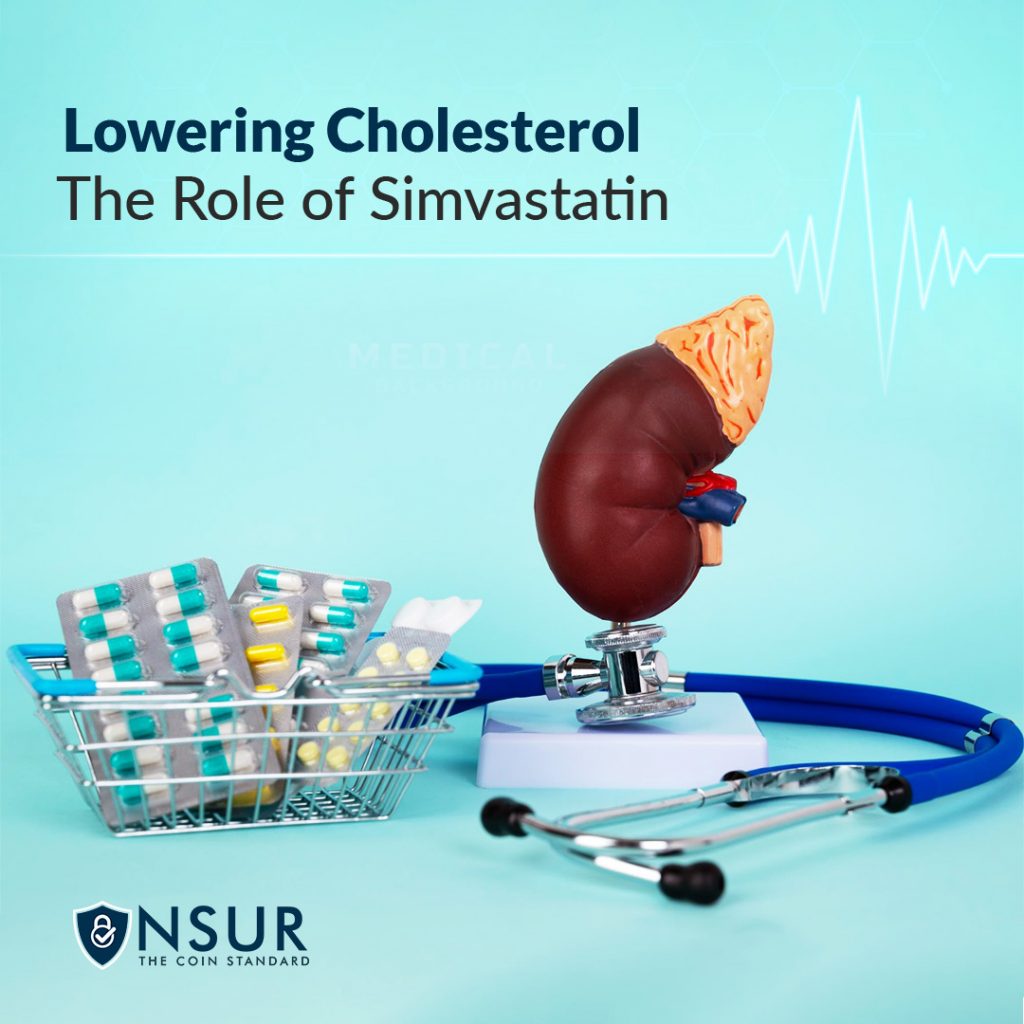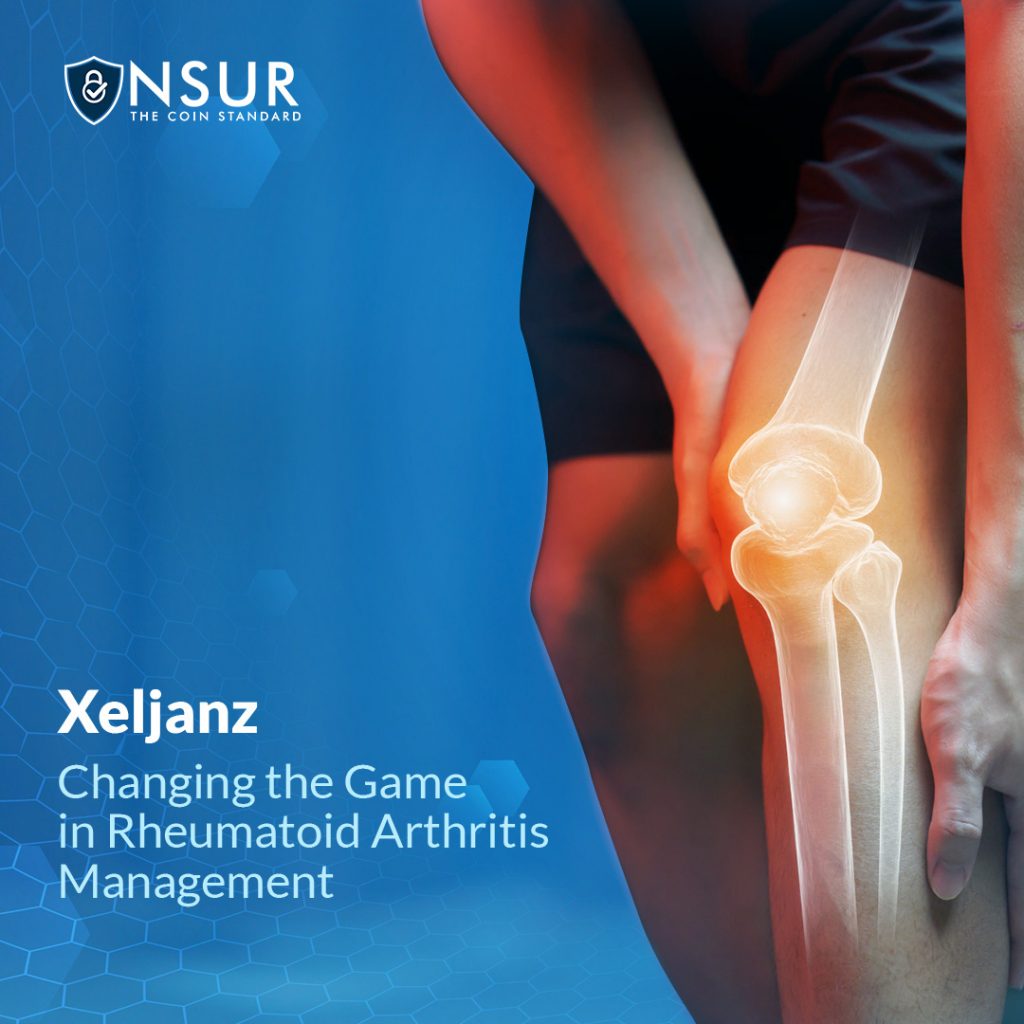
Acid reflux, medically termed as Gastroesophageal Reflux Disease (GERD), is a common condition characterized by heartburn and regurgitation of stomach acid. As per the Mayo Clinic, a large percentage of the population experiences occasional acid reflux symptoms. Omeprazole, a widely-prescribed medication, has been hailed as a game-changer in treating this condition. In this blog, we delve deeper into how omeprazole aids in relieving acid reflux.
Understanding Omeprazole
Omeprazole belongs to a class of drugs called proton pump inhibitors (PPIs). It operates by decreasing the amount of acid produced in the stomach. This is beneficial in treating acid reflux and other related symptoms such as heartburn, trouble swallowing, and persistent cough. According to the U.S. National Library of Medicine, omeprazole is also used to treat stomach ulcers and conditions where the stomach makes too much acid, such as Zollinger-Ellison syndrome.
Omeprazole and Acid Reflux: The Connection
The primary objective in treating GERD is to decrease the amount of acid in the stomach, thereby alleviating symptoms and preventing damage to the esophagus. As a PPI, omeprazole effectively achieves this objective. By blocking the enzyme in the stomach lining responsible for producing acid, it reduces the overall acid levels.
Furthermore, a review in The American Journal of Medicine suggests that long-term use of omeprazole can improve quality of life, decrease the need for hospitalizations, and reduce the risk of esophageal diseases in individuals with chronic GERD.
Dosage and Side Effects
Typically, omeprazole is taken once a day before a meal. However, the dosage and duration of treatment depend on the patient’s medical condition and response to treatment. Always consult your healthcare provider for personalized advice.
While omeprazole is generally safe, like all medicines, it can cause side effects. Common side effects include headache, stomach pain, nausea, diarrhea, and vomiting. A study published in Therapeutic Advances in Drug Safety also reveals that long-term use of PPIs, including omeprazole, may increase the risk of certain conditions like kidney disease, fractures, and vitamin B12 deficiency. Therefore, it is essential to discuss potential risks with your healthcare provider.
A Holistic Approach
While omeprazole is effective in treating acid reflux, it’s important to remember that lifestyle modifications can also play a critical role. Simple changes, such as maintaining a healthy weight, elevating the head of your bed, and avoiding trigger foods, can significantly manage symptoms. For comprehensive tips, check out Healthline’s guide on dietary and lifestyle adjustments for GERD.
Take advantage of NSURx for your prescription drugs!
With the NSURx Prescription Benefit Card, you can save money on your medications at more than 35,000 pharmacies across the United States.
You can save up to 80% on your medication by using an NSURx card. Hundreds of dollars in savings could be yours every time you fill out your prescription.
The more you shop with NSURx, the more NSUR Coins you will receive as a reward.
Conclusion
Omeprazole has become an essential tool in the arsenal against acid reflux, providing significant relief for millions of people. However, as with any medication, understanding its working mechanism, potential side effects, and appropriate usage is crucial. Always consult with your healthcare provider before starting any new medication.
Acid reflux can be a challenging condition to live with, but with the right treatment approach, it is manageable. Remember, omeprazole is just one part of the equation – lifestyle changes are equally essential to ensure long-term relief.
Disclaimer
This blog post is intended for informational purposes only and should not be considered a substitute for professional medical advice. Always consult with a qualified healthcare provider for personalized recommendations and guidance.











